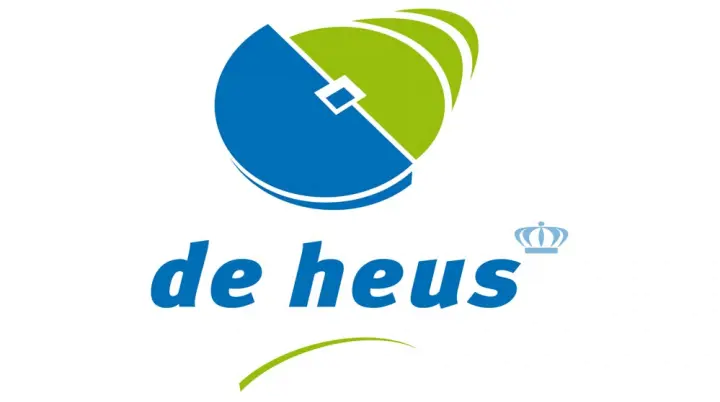
Universiteit Wageningen Fonds has approached De Heus with their programme 'Food for Thought, Thought for Food', which focuses on the central question of: can we feed a growing global population in a healthy and sustainable manner, without adversely affecting the climate, nature or the environment? Wageningen University & Research Centre has been asked to examine this question. In the coming decades, during which global population is expected to grow to 9 billion people, food security will take on increasing urgency, and De Heus will also play a role in dealing with this issue.
Just how can we feed, while respecting the bounderies of the earth in the process, is a question that will demand the highest degree of knowledge and creativity. With a great deal of care and deliberation, Wageningen UR has selected a number of projects for this campaign, which we hope will achieve major breakthroughs. The projects are urgent, groundbreaking and solution-oriented, and without exception will be led by successful, ambitious researchers.
De Heus has selected two projects, which we provide financial support. The first is the 'Africa Agribusiness Academy', in which local entrepreneurism in Africa is supported so that the development of the agricultural sector will spread like wildfire across all of Africa. Wageningen UR has the knowledge in-house to supervise this type of process, for instance with the help of CEOs of Dutch companies. The financial support of De Heus makes it possible to organize a Regional Event in Uganda. The outcome of the Regional Event will form the basis for the establishment of a Resource Portal.
The second project focuses on the reuse of phosphate. Calculations show that phosphate will become scarce within 50 to 70 years. The phosphate issue is more pressing than the energy issue, because there is no alternative for phosphate. Research must be conducted into phosphate cycles, into opportunities for more efficient use and for the reuse of phosphate. These studies are essential for food production in the long term. The financial contribution of De Heus makes this promotional study possible.




